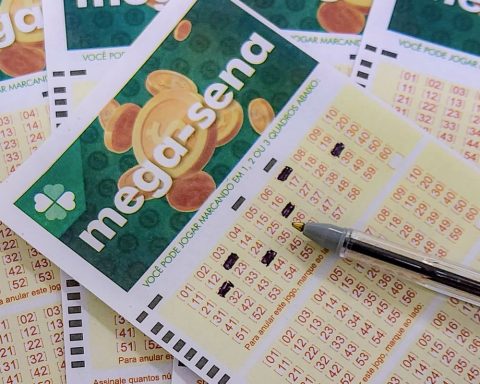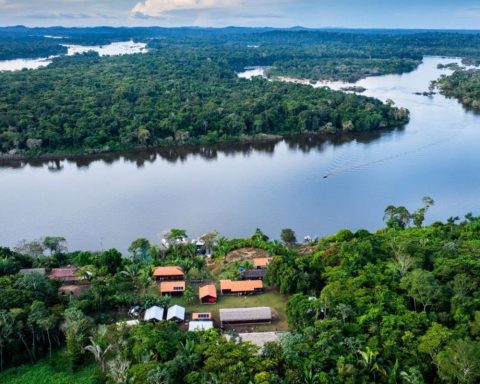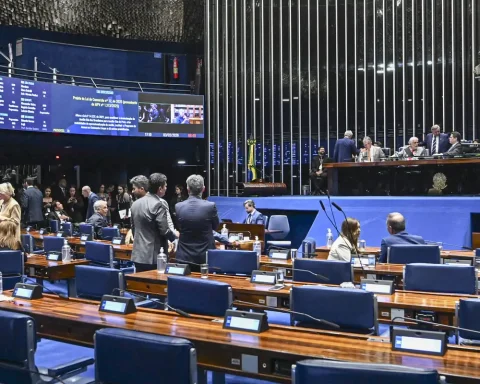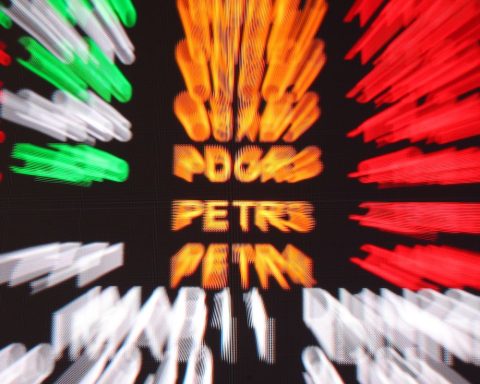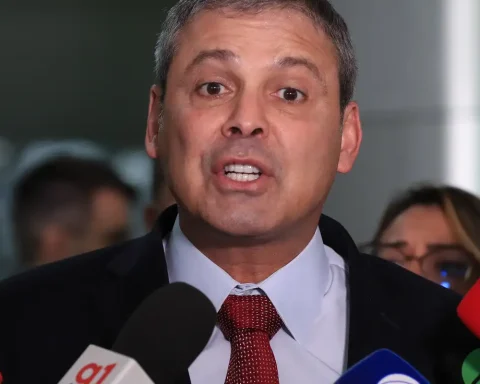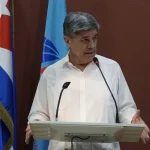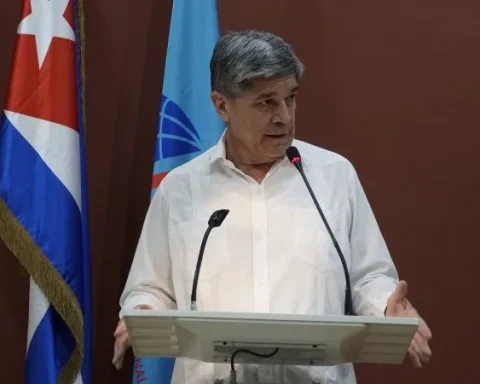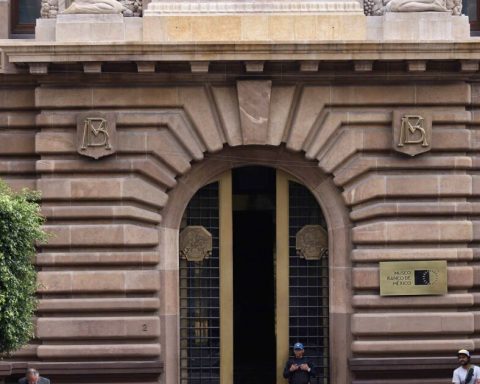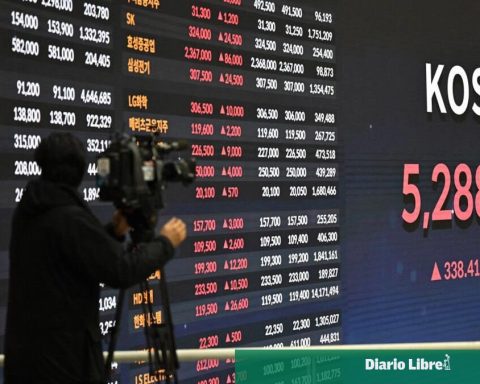New technologies lead to the possibility of using new equipment that provide new forms of services and commercial relationships. As with telephony, the energy sector also goes through this process and, before it, has sought to update the legislation. This was the topic discussed today (24) during the Cycle of Lectures on Legislation and Public Policies – event promoted by the Institute of Applied Economic Research (IPEA).

“When we talk about modernization and liberalization of the electricity sector, in my mind there is, at the end, cheaper energy for companies and consumers”, said the president of Ipea, Erik Alencar de Figueiredo, at the beginning of the event that focused on central, Bill 414/2021, which, according to the government, could help modernize the sector, if approved.
Among the possibilities envisaged by the project is to allow small consumers the freedom to choose who their energy supplier will be. In theory, if there is a really competitive market, the expectation is that the consequence of this will be lower prices for the final consumer.
This freedom of choice is already practiced by large and medium-sized consumers – in general, industries – who purchase energy via the free market. The challenge will be to extend this possibility to small consumers.
Brazilian consumer
For this to be possible, however, it is necessary, first of all, to understand who this small consumer is. “We have many Brazilians with income close to the minimum wage. This reflects the average life of Brazilians. And there are Brazilians whose expenditure on electricity is quite expressive in terms of budget. For most of these Brazilians, at least 10% of their income is committed to electricity”, said the president of Ipea when presenting some of the data collected by the institute.
According to him, knowing these Brazilians whose expenses with electricity and cooking gas are considerable “is vital for the people who lead public policies in Brazil to make these policies providers of social well-being”.
regulation indicators
According to a survey presented by the director of Regional, Urban and Environmental Studies and Policies at Ipea, Nilo Luiz Saccaro Junior, the regulation indicators of the Brazilian electricity sector are far below those observed in the member countries of the Organization for Economic Cooperation and Development (OECD). ).
“In the electricity sector, the indicator value of Brazil [2,06 pontos, em uma escala onde, quanto menor for o número, melhor a situação] is 42% higher than the average for OECD countries, which was 1.45 points, while the average for the top five countries was 0.39,” he said.
“In the natural gas sector, the numbers are even worse for Brazil, which scored 2.99 points against 1.35 for the OECD average,” he added.
inevitable changes
According to the Program Director of the Executive Secretariat of the Ministry of Mines and Energy (MME), Camilla Fernandes, the electric energy industry is undergoing “increasingly profound changes” not only in Brazil.
“These changes are inevitable. We are talking about renewable sources; technology solutions; new ways of generating energy; new business models; new ways of interacting with the consumer. It is something that is already happening all over the world,” he said.
She recalled that, in Brazil, there are already more than 1 million units with distributed generation installed that generate almost 11 gigawatts (GW) of energy.
Distributed generation is a modality in which the energy generated in homes or condominiums – from solar energy collected via photovoltaic panels, for example – can be passed on to other consumers. This energy transferred to the system can then compensate part of the energy consumed by the unit that generated it, reducing expenses with the electricity bill.
“Small-sized decentralized renewable energies are already a reality in Brazil”, highlighted the MME secretary, praising another measure provided for in PL 414: the possibility for consumers to choose from whom they will buy electricity.
According to her, as it stands, the project has the support of the ministry, since “it takes into account all the work we have done and the updating of our studies with a view to legal advances”.
“We await progress in the Legislature. The challenge of implementing and organizing the sector is, in fact, the challenge of balancing consensus, because we need consensus in the sector, with regulatory security and legal stability, in addition to compliance with contracts, of quality, because you cannot be an amateur in this environment , and time. These are criteria that are opposed, but changing the regulations is really a necessity that is imposed to meet the reality in the sector”, argued the secretary.
above inflation
A participant in the meeting, the vice president of Strategy and Communication of the Brazilian Association of Energy Traders (Abraceel), Bernardo Sicsú, presented a study according to which the residential electricity bill increased “more than twice as much as inflation between 2014 and 2021” .
“During this period, the electricity bill increased 237% higher than the IPCA [índice que mede a inflação]. In the same period, free market prices were 25% below the IPCA”, said the representative of Abraceel, when comparing the rates charged in the electricity bills of small consumers (in this case, residential), to those charged for medium and large consumers in the free market, where it is possible to choose who will be the energy supplier.
Citing surveys carried out in 2021 by Abraceel, Sicsú said that eight out of ten Brazilians would like to choose their energy suppliers; and that seven out of ten would switch suppliers if given the opportunity.
“Opening the market means, based on data from renowned market consultants, a reduction of around 27% in the energy component when trading it freely. On the electricity bill, the reduction would be 15%,” he said.
Factors
The possibility for small consumers to purchase energy on the free market was one of the factors identified by the IPEA study to understand the discrepancies between Brazilian indicators and those of OECD countries.
“In all countries [da OCDE] and also in Brazil we already have freedom of choice for large and medium consumers, but only for Brazil we do not have freedom of choice for small consumers, who mostly have residential and commercial consumers”, explains Nilo Saccaro.
In the researcher’s assessment, the end of the captive market is “fundamental for competitive issues to occur after the privatization of state-owned companies”. He, however, considers that “captivating without modernizing the regulatory framework runs the risk of the monopoly being maintained”.
“Privatization is necessary but not sufficient. It needs to be accompanied by regulatory modernization and market opening,” she said.
Also according to the director of Regional Studies and Policies, better regulation is not necessarily more regulation. “Excessive or complex regulation can become a barrier to entry for new competitors,” he added.
Chain verticalization
Another factor mentioned by him is the so-called “verticalization of the chain”, in which a small group of companies dominates several links in the electricity generation, transmission and distribution chain.
Finally, he cites the difficulty in selling shareholdings. “In Brazil, authorization from the National Congress is even needed, which does not occur in the other countries surveyed.”

